detail profile eiji okada
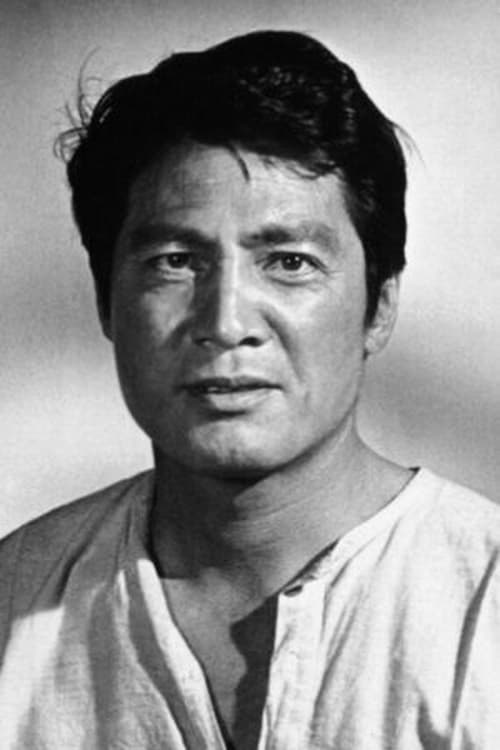
Eiji Okada
Okada Eiji
atau dikenal sebagai
Riwayat Hidup
From Wikipedia, the free encyclopedia.
Eiji Okada (13 June 1920 Chōshi, Chiba, Japan – 14 September 1995 Japan) was a Japanese film actor.
Okada served in the Japanese army during World War II, and was a miner and traveling salesman before becoming an actor.
Internationally, his best-remembered roles include Lui ("him," in French) in the film Hiroshima mon amour (1959), directed by Alain Resnais, and the entomologist Niki Junpei in Hiroshi Teshigahara's Woman in the Dunes (1964), an adaptation of Kōbō Abe's novel.
Okada was married to Aiko Wasa, with whom he ran a theatre company in Japan.
He died on September 14, 1995 of heart failure, at the age of 75.
Description above from the Wikipedia article Eiji Okada, licensed under CC-BY-SA, full list of contributors on Wikipedia.
Info Pribadi
Peran Yang Di Mainkan Eiji Okada
 Rokuheita Narumi is fascinated by oriental...
Rokuheita Narumi is fascinated by oriental...Spring Bell 1985
Rokuheita Narumi is fascinated by oriental art and works as the director of the Saho Art Museum in Nara. His wife, Noriko, is unable to leave Tokyo, despite his wishes, and the two live separately. Feeling lonely and neglected by her husband, she immerses herself in the depraved life of the city and continues to have a loveless relationship with a doctor, Katsumori. One day, Narumi arrives in Tokyo and learns of Noriko's affair, but he cannot divorce her for the sake of their child, so he devotes himself to his work.
 Two Japanese scientists Ushioda and Ochi...
Two Japanese scientists Ushioda and Ochi...Antarctica 1983
Two Japanese scientists, Ushioda and Ochi, develop a bond with their sled dogs while on an expedition in Antarctica.
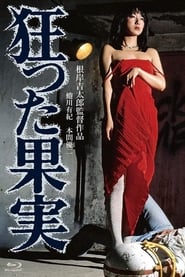 A working class young man Tetsuo...
A working class young man Tetsuo...Crazed Fruit 1981
A working class young man, Tetsuo, who distrusts all rich people, falls in love with a girl, Chika, from an affluent family. He has a difficult time, but love survives despite the problems.
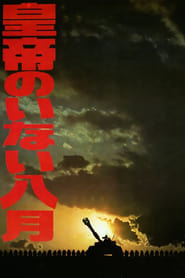 Taking the Chilean coup as an...
Taking the Chilean coup as an...August without Emperor 1978
Taking the Chilean coup as an example, a group of young officers plan to overthrow the Japanese government on V-J Day. They aim to abolish the post-war constitution, restore the national army and revive the traditional spirit of Japan. As the conspiracy is exposed, the coup squadrons are wiped out one by one. The remaining squadron takes over a night train bound for Tokyo.
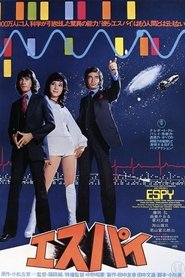 The film deals with the recruitment...
The film deals with the recruitment...ESPY 1974
The film deals with the recruitment of race car driver Jiro Miki (Masao Kusakari) and his dog, Caesar, to a group of people who use ESP, psychokinesis, and other special mental abilities to fight crime.
 Yukis family is nearly wiped out...
Yukis family is nearly wiped out...Lady Snowblood 1973
Yuki's family is nearly wiped out before she is born due to the machinations of a band of criminals. These criminals kidnap and brutalize her mother but leave her alive. Later her mother ends up in prison with only revenge to keep her alive. She creates an instrument for this revenge by purposefully getting pregnant. Yuki never knows the love of a family but only killing and revenge.
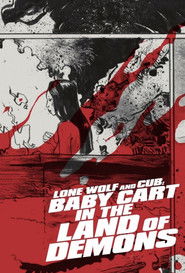 In the fifth film of the...
In the fifth film of the...Lone Wolf and Cub: Baby Cart in the Land of Demons 1973
In the fifth film of the Lone Wolf and Cub series, Ogami Itto is challenged by five warriors, each has one fifth of Ogami's assassin fee and one fifth of the information he needs to complete his assassination.
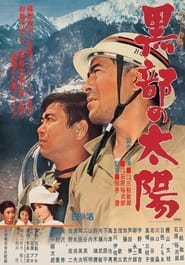 Kitagawa is an engineer charged with...
Kitagawa is an engineer charged with...The Sands of Kurobe 1968
Kitagawa is an engineer charged with construction of a gigantic tunnel through the Japan Alps for the transportation of equipment in the building of the massive Kurobe Dam. The tunnel crosses an earthquake fault and Kitagawa is beleaguered not only by cave-ins and flooding, but by strife between management and the workers's union. Adding to Kitagawa's stress is the knowledge that as his attention is pulled inexorably toward the tunnel construction, his youngest daughter is dying from leukemia.
 The spaceship AABGamma is dispatched from...
The spaceship AABGamma is dispatched from...The X from Outer Space 1967
The spaceship AAB-Gamma is dispatched from FAFC headquarters in Japan to make a landing on the planet Mars and investigate reports of UFOs in the area. As they near the red planet, they encounter a mysterious UFO that coats the ship's hull with unusual spores. Taking one of the specimens back to earth, it soon develops and grows into a giant chicken-lizard-alien monster that tramples Japan.
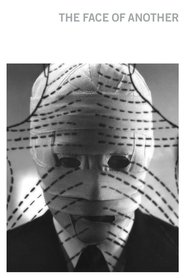 A businessman with a disfigured face...
A businessman with a disfigured face...The Face of Another 1966
A businessman with a disfigured face obtains a lifelike mask from his doctor, but the mask starts altering his personality.
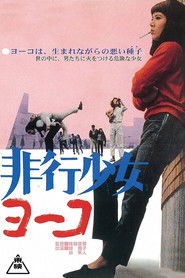 Easily bored but still innocent and...
Easily bored but still innocent and...Pretty Devil Yoko 1966
Easily bored, but still innocent and naive countryside girl (Mako Midori) discovers partying in Tokyo is a ton of fun. Yakuza-to-be (Ichiro Araki) is an acquaintance who tries to rape her, and the typically bland but very-good-here (Hayato Tani) the first boyfriend. Director Yasuo Furuhata (his first picture) lets his camera roll in trendy clubs amongst partying youngsters in a way that could've been out of 60s England or a Nikkatsu film. The film was inspired by an article in Life magazine (Volume 57, 1964) titled The Young Rebellion.
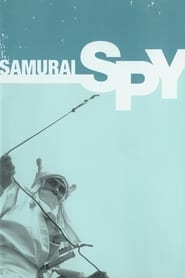 Years of warfare end in a...
Years of warfare end in a...Samurai Spy 1965
Years of warfare end in a Japan unified under the Tokugawa shogunate, and samurai spy Sasuke Sarutobi, tired of conflict, longs for peace. When a high-ranking spy named Tatewaki Koriyama defects from the shogun to a rival clan, however, the world of swordsmen is thrown into turmoil. After Sasuke is unwittingly drawn into the conflict, he tracks Tatewaki, while a mysterious, white-hooded figure seems to hunt them both. By tale’s end, no one is who they seemed to be, and the truth is far more personal than anyone suspected. Director Masahiro Shinoda’s Samurai Spy, filled with clan intrigue, ninja spies, and multiple double crosses, marks a bold stylistic departure from swordplay film convention.
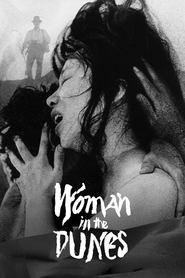 A vacationing entomologist suffers extreme physical...
A vacationing entomologist suffers extreme physical...Woman in the Dunes 1964
A vacationing entomologist suffers extreme physical and psychological trauma after being taken captive by the residents of a poor seaside village and made to live with a woman whose life task is shoveling sand for them.
 The deep conversation between a Japanese...
The deep conversation between a Japanese...Hiroshima Mon Amour 1959
The deep conversation between a Japanese architect and a French actress forms the basis of this celebrated French film, considered one of the vanguard productions of the French New Wave. Set in Hiroshima after the end of World War II, the couple -- lovers turned friends -- recount, over many hours, previous romances and life experiences. The two intertwine their stories about the past with pondering the devastation wrought by the atomic bomb dropped on the city.
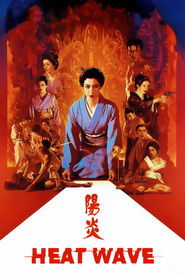 Rin Jyoshima lost her father to...
Rin Jyoshima lost her father to...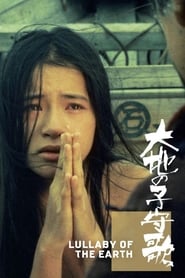 The story of an orphan girl...
The story of an orphan girl...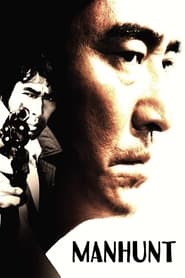 A tough prosecutor is falsely accused...
A tough prosecutor is falsely accused...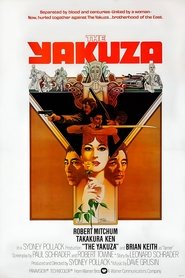 When George Tanner does business with...
When George Tanner does business with... Near a remote Buddhist monastery a...
Near a remote Buddhist monastery a...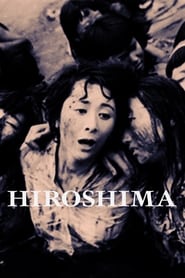 Historical fiction about the aftermath of...
Historical fiction about the aftermath of...